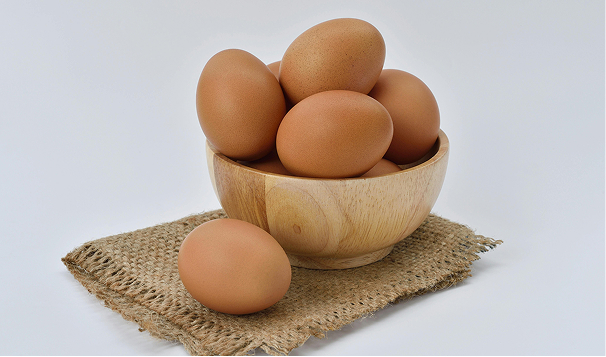
Top Insights on Vitamin B12 Foods: Benefits, Recipes, and Expert Advice
Vitamin B12 is essential for your health. It plays a crucial role in nerve function, red blood cell production, and DNA synthesis. If you’re looking to boost your B12 intake, understanding the best food sources and their benefits is key.
Why is Vitamin B12 Important?
- Energy Production: B12 helps convert food into energy. Without it, you may feel fatigued.
- Nerve Health: It supports the myelin sheath, which protects your nerves.
- Mood Regulation: B12 is linked to brain health and can influence your mood and mental clarity.
Food Sources of Vitamin B12
You can find B12 in various foods, especially animal products. Here’s a list of top sources:
- Meat: Beef, lamb, and pork are rich in B12. A 3-ounce serving of beef liver contains about 70 micrograms, far exceeding the daily requirement.
- Fish: Salmon, trout, and tuna are excellent sources. A 3-ounce serving of salmon provides around 4.9 micrograms.
- Dairy Products: Milk, yogurt, and cheese are good options. One cup of milk offers about 1.2 micrograms.
- Eggs: One large egg contains about 0.6 micrograms of B12.
- Fortified Foods: Some cereals and plant-based milk are fortified with B12. Check labels to find options that suit your diet.
How Much B12 Do You Need?
The recommended daily allowance (RDA) for adults is 2.4 micrograms. Pregnant and breastfeeding women need more.
Benefits of Adequate B12 Intake
- Prevents Anemia: B12 helps produce red blood cells. A deficiency can lead to anemia, causing fatigue and weakness.
- Supports Bone Health: Some studies suggest that B12 may help maintain bone density.
- Enhances Mood: Adequate B12 levels can improve mood and reduce the risk of depression.
Recipes to Boost Your B12 Intake
- Breakfast Scramble: Scramble eggs with spinach and cheese. Serve with whole-grain toast.
- Salmon Salad: Mix canned salmon with Greek yogurt, diced celery, and lemon juice. Serve on a bed of greens.
- Fortified Smoothie: Blend fortified almond milk, banana, and spinach. Add a scoop of protein powder for an extra boost.
Tips for Vegetarians and Vegans
- Fortified Foods: Look for fortified cereals, plant milks, and nutritional yeast.
- Supplements: Consider taking a B12 supplement. Consult with a healthcare provider for the right dosage.
Common Questions About B12
- Can you get enough B12 from diet alone? Yes, if you consume animal products. If not, fortified foods or supplements are necessary.
- What are the symptoms of B12 deficiency? Fatigue, weakness, constipation, and neurological issues can indicate a deficiency.
- Is it safe to take B12 supplements? Generally, B12 is safe, even in high doses. Your body will excrete excess amounts.
Vitamin B12 is crucial for your overall health. By including a variety of Vitamin B12 foods in your diet, you can support your energy levels, mood, and nerve function.
Take a moment to assess your current diet. Are you getting enough B12? If not, consider making some changes or consulting a healthcare professional. Your body will thank you for it.